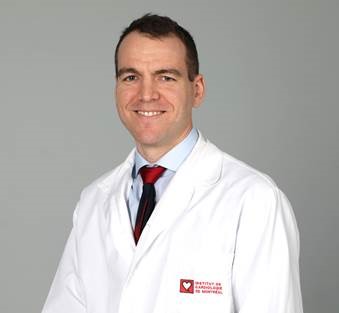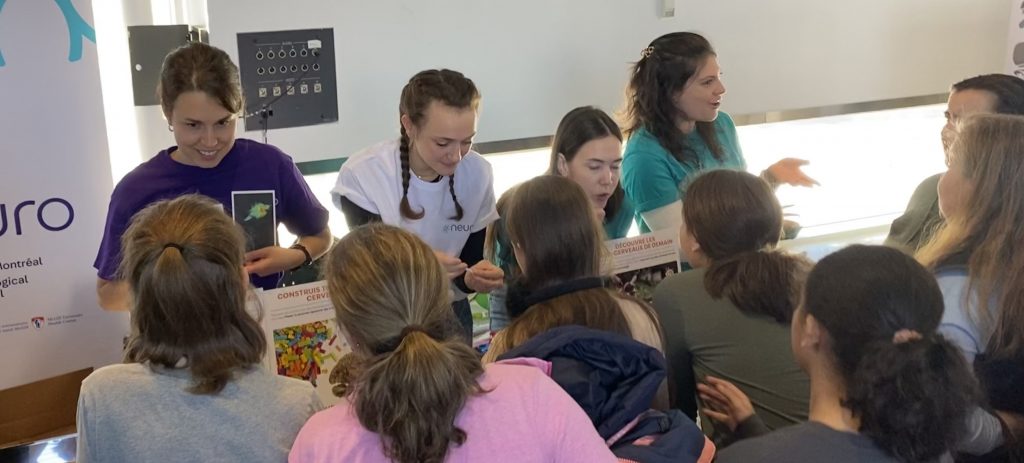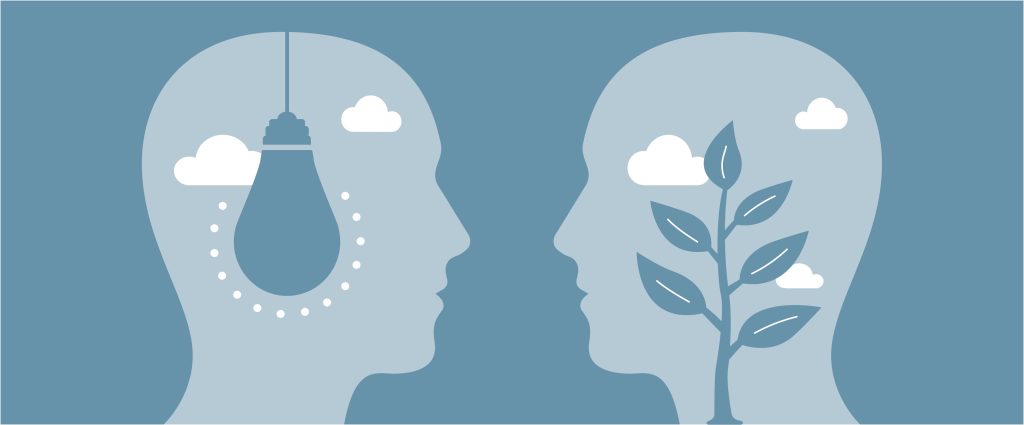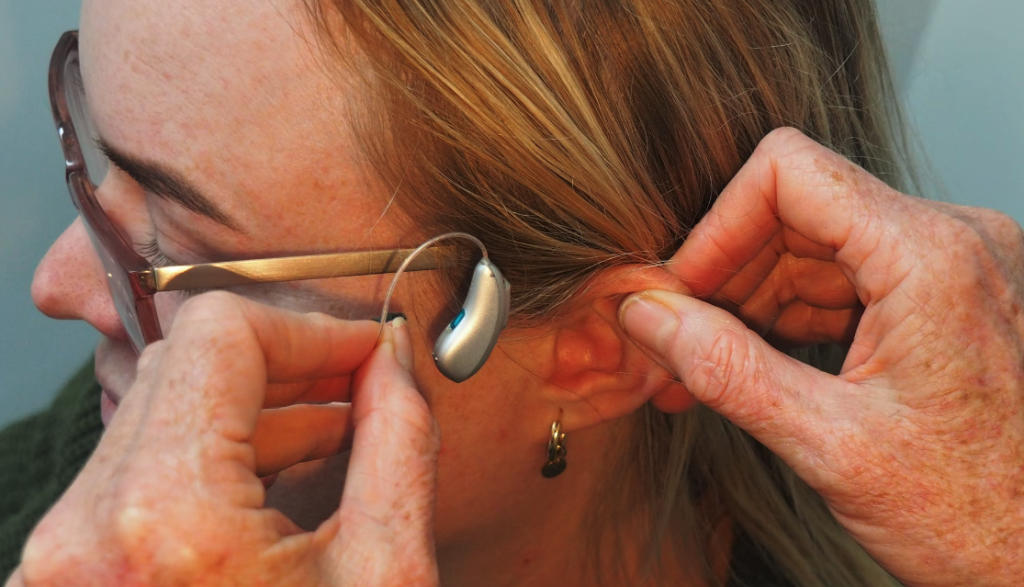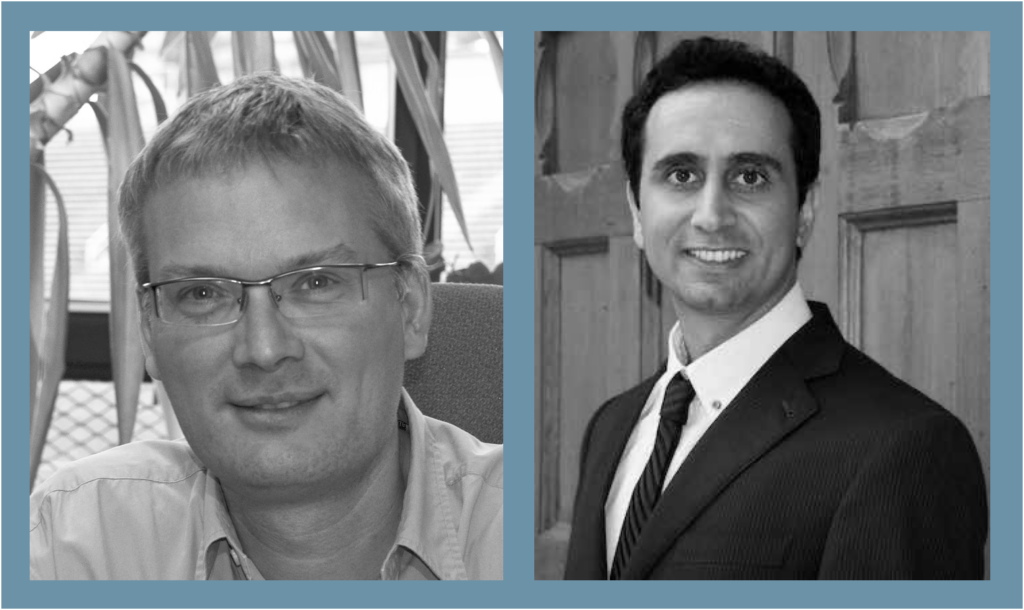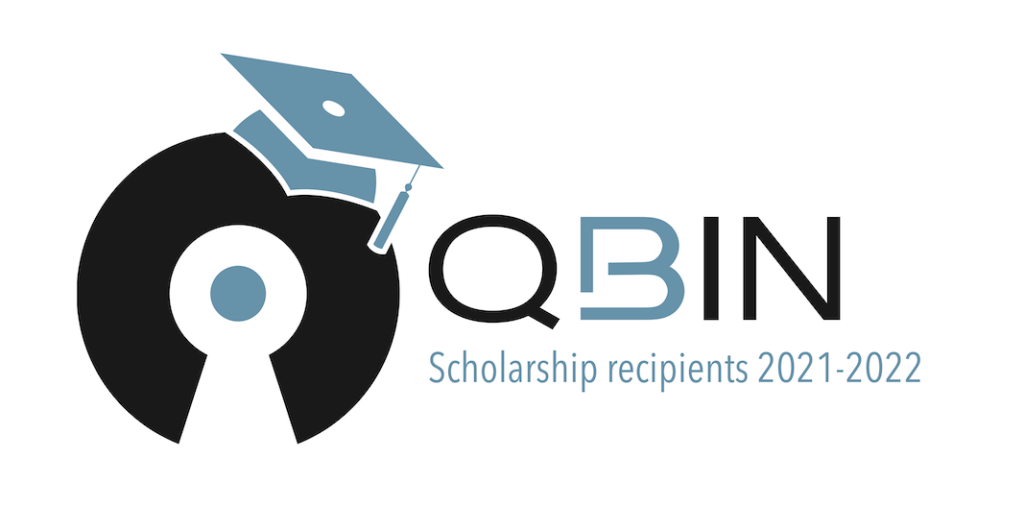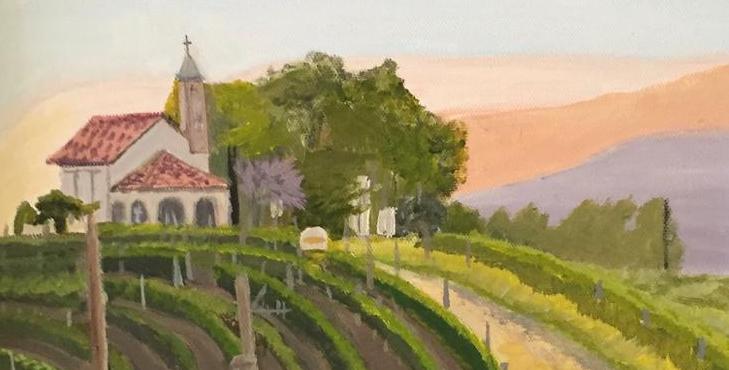Spotlight on a Rising Star: Who is Doctor Matthieu Pelletier-Galarneau?
For our second episode of the QBIN podcast (in French), I discussed with this year’s recipient of the Rising Star in Bio-imaging in Quebec Award, Doctor Matthieu Pelletier-Galarneau. We talked about Doctor Pelletier-Galarneau’s career and his mentors along the way. We continued with a discussion on important themes in academia, such as failing and the future challenges of science. Finally, we ended by exploring unique and fun characteristics of Doctor Pelletier-Galarneau, and tips to promote cardiovascular health.

